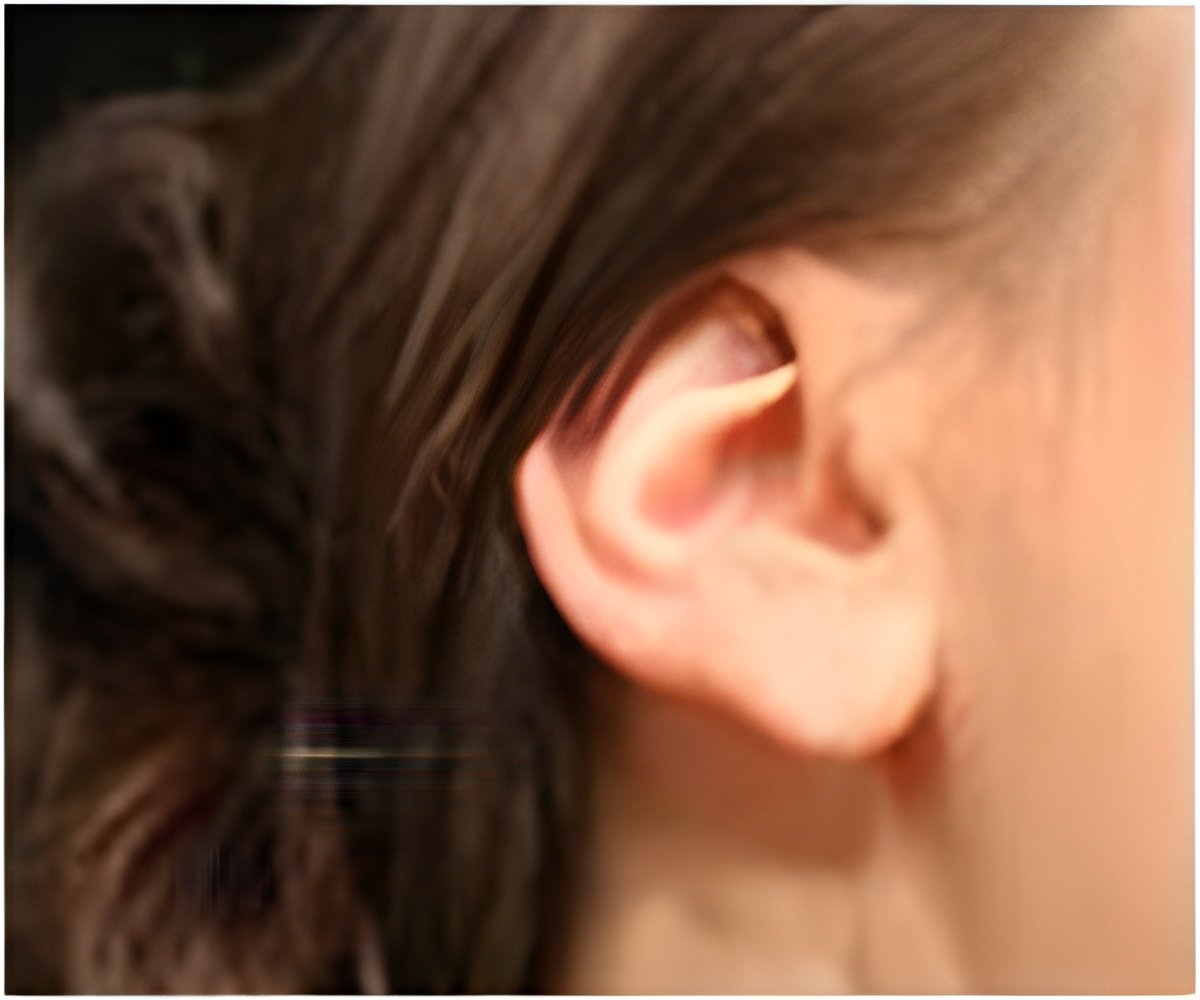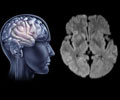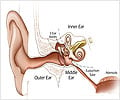Hearing loss in both ears could be a symptom of the rare but always-fatal Creutzfeldt-Jakob Disease.

However, both are always fatal and share such symptoms as impaired thinking, jerky body movements, memory loss and dementia. Once infected with CJD, the brain develops holes, resulting in tissue which resembles a sponge.
The report will be presented March 19 during the annual scientific meeting of the American Academy of Neurology in San Diego.
According to Ahmad Riad Ramadan, M.D., a Henry Ford neurologist and lead author, when the patient sought treatment he had no significant medical history and was complaining only of a continuing, rapid loss of hearing in both ears, and tinnitus – a "ringing in the ears" – that is a common side effect of hearing loss.
"This was followed by the kind of cognitive decline that is typical of CJD," Ramadan said. "During the patient's hospital stay, he also showed signs of ataxia – a lack of coordination – and myoclonus – a spastic muscle twitch."
Testing found the presence of a telltale protein, and other conditions, that led to a diagnosis of CJD. Researchers noted that the patient's hearing never improved and he died a month after seeking treatment.
This "sensorineural hearing loss," also called "nerve deafness," is the most common cause of permanent impairment; it is hearing loss which results from involvement of the inner ear, auditory nerve, or central auditory pathways in the brain/brainstem.
Source-Eurekalert
 MEDINDIA
MEDINDIA




 Email
Email










